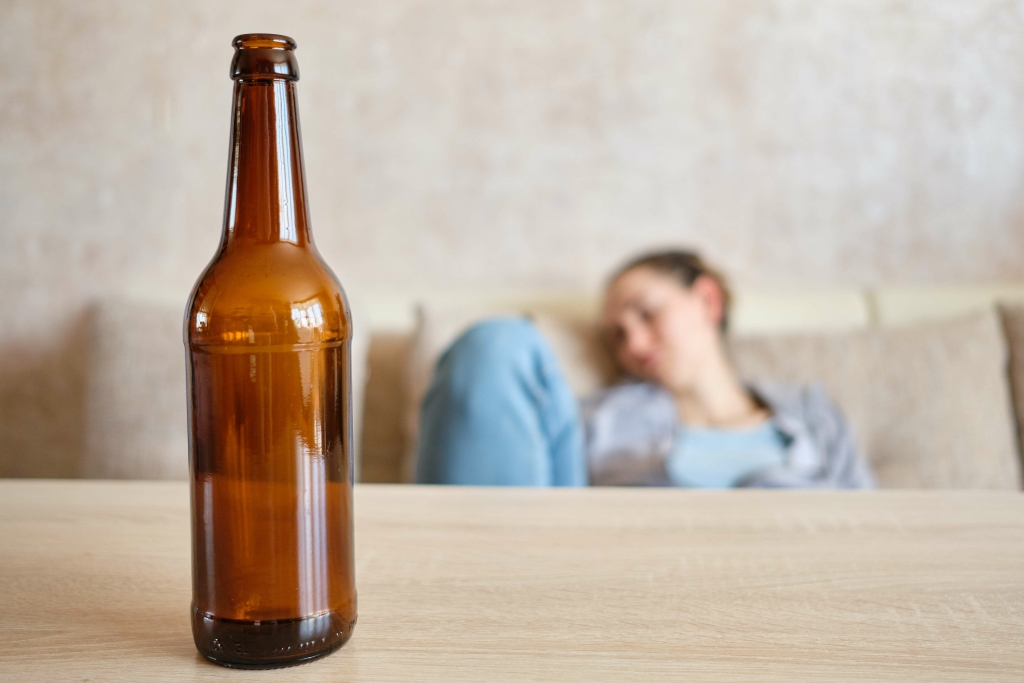When you drink alcohol, it impacts your brain, heart rate, liver, and multiple bodily systems. In this article, we’ll explore the facts about the alcohol detox process, how to eliminate alcohol from the body, and when to seek medical supervision. If you’re trying to stop drinking or recover from alcohol use, this guide Sober living house offers helpful, science-backed insights. Exercise boosts metabolism and circulation, aiding in faster elimination of toxins including alcohol from the body. Activities like jogging, cycling, or brisk walking increase metabolic rate and promote sweating for detoxification.
Embracing mindful drinking can also transform your relationship with alcohol, leading to healthier habits. If you find it challenging to control your drinking or if it’s causing significant problems in your life, it might be time to seek professional advice. A blood alcohol test can show evidence of alcohol in your system up to 12 hours later. Binge or heavy drinking can lead to severe impairment that significantly impacts memory, balance, coordination, decision-making, and impulse control. During this stage, you can also experience blackouts that leave you with no memory of the evening. Severe impairment also increases your risk of alcohol overdose and loss of consciousness.
Drinking Water Flushes Alcohol Faster
However, the therapeutic value of ketamine to treat psychiatric disorders faces a major challenge that ketamine also owns significant reinforcing and toxic effects. Continue to read more about the symptoms of ketamine addiction, effects, and treatment. Aldehyde dehydrogenase (ALDH) metabolizes alcohol to acetaldehyde, a highly toxic substance and a known carcinogen. Then, acetaldehyde is metabolized into another, a less active byproduct called acetate, broken down into water and carbon dioxide for easy elimination.
Ready to Get Started on Your Journey to Long-Term Recovery?
This also explains why chronic drinkers are better able to tolerate the effects of alcohol compared to someone drinking for the first time. On average, it takes five to seven hours before alcohol is completely removed from the body if you only have a couple of drinks. Drinks like Oral Rehydration Solution (ORS) or sports drinks are good alternatives to regular water as they also replace electrolytes lost due to alcohol consumption.
Getting Sober at Castle Craig
When you first start drinking, you will begin https://ecosoberhouse.com/ to experience mild signs of impairment. You’ll feel the relaxation and positive mood that makes alcohol consumption enjoyable but also some of the adverse side effects. Your memory won’t be as sharp, and it’ll be more difficult to focus. You may also become less coordinated, and your speech may begin to slow down. However, some methods may help you feel better after drinking and reduce liver damage. If you’re ready to confront your relationship with alcohol, contact Ardu Recovery Center.

- One of the kidneys’ primary functions include fluid balance and hydration.
- The recommended drinking limit for men is two or fewer standard alcoholic drinks.
- Chronic drinkers are able to process alcohol much faster compared to those who don’t drink that often.
Physical activity might help you feel more alert, but it won’t remove alcohol from your system any faster. Liver health significantly impacts how long alcohol stays in your system. A healthy liver processes alcohol efficiently, but any damage or illness can slow this down. Similarly, medications or other substances in your system can affect the liver’s ability to metabolize alcohol.
What’s more is that alcohol is packed with sugar, and some drinks such as beer, wine, and champagne are fermented as well. Just 1 to 2 drinks per day can lead to SIBO, and make symptoms such as bloating, gas, abdominal pain, constipation, and diarrhea worse. You can feel the effects within 5 to 10 minutes of drinking, however, it takes about 30 to 90 minutes to peak and be carried through all the organs of the body. If you’re considering stopping drinking, whether for health, personal growth, or because of substance abuse, do it safely. Acetate is released into the bloodstream, where your body further breaks it down into water and carbon dioxide. These steps support your recovery process but do not eliminate alcohol directly.
Alcohol can be detected in your system even after your body has fully metabolized it. How long alcohol shows up on a test after your last drink depends on the type of test and how heavily you have been drinking. As you continue drinking, you’ll still feel euphoric and relaxed, but the harmful effects of alcohol will intensify. You’ll experience further loss of what removes alcohol from the body memory, balance, and coordination.
How Long Does Alcohol Be Detected in Your Urine?
By supporting proper liver function, dandelion root can enhance alcohol detoxification and contribute to overall wellness. By incorporating these leafy greens into your diet, you can provide your body with the necessary nutrients to support its detoxification process and promote overall health. Leafy greens, such as spinach and kale, are also rich in electrolytes like magnesium and calcium. Including these nutrient-dense foods in your diet can help restore the electrolyte balance disrupted by alcohol consumption and support your overall recovery.
Alcohol metabolism rates indeed vary, and the liver’s ability to process alcohol at a rate of one standard drink per hour is a general guideline. Factors like metabolic rate, body composition, and alcohol tolerance also play a role. Sleep is crucial as it allows the body to focus on metabolizing alcohol without interference from additional alcohol consumption.
Confidant Health: The Support You Need to Reduce Drinking
Days without drinking can give the liver the time it needs to process alcohol’s metabolites and byproducts without adding to the body’s load. Exercise and outdoor air will increase oxygenation and hasten metabolic processes. However, caution should be taken – only perform this when intoxication is not extreme. If you do indulge over the holiday season, understanding how your body processes alcohol and how you can support it is the key to having a healthy holiday season.
